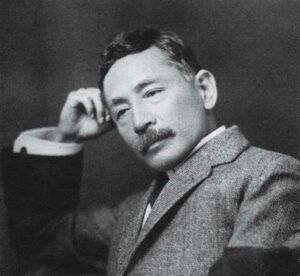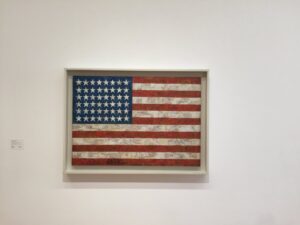In the past, when I heard of the Akutagawa Prize and the Naoki Prize, I had the impression that they were special awards among the many literary prizes. When they were announced twice a year, they were widely publicized in newspapers and on TV, and the winners became overnight celebrities.
Today, however, one cannot help but feel a sense of a world apart, as if one does not know who won the prize a year ago.
It is said that both prizes were originally created by Hiroshi Kikuchi, the founder of Bungeishunju-sha. The reason for having two prizes a year was to counteract the slumping months of February and August, known as “Nippachi” in the business world.
At that time, as a newcomer award, a large prize was paid to help promising but poor novelist hopefuls. Osamu Dazai was quite attached to the first Akutagawa Prize, but Hideo Kobayashi, then editorial director of Bungakukai, made it clear that it was more important to give money than the prize’s authority. That is how important money was in those days. At the same time, it was an inedible profession.
Today, even though he does not have the authority he once had, he is still talked about to a certain extent, but more than money, he receives this reputation above all else. This reputation may be replaced by what we now call “credibility.
The Akutagawa Prize winner, who recently won the prize, was surprised to see his Twitter followers increase dozens of times in one day.
Nowadays, it is a dream come true that winning the Akutagawa Prize does not mean that one’s work will sell like hotcakes and bring in royalties that will last a lifetime. However, just as it is said that a follower on Twitter or Instagram is worth 1,000 yen per follower, you may be able to generate that much value if you use it well.
Of course, if a novelist has the time to dwell on such things, he or she should probably just try to write a good novel. He must believe that readers will come along someday, somewhere, and recognize his work.
However, in this publishing slump (or maybe we are just back to where we were 50 years ago), it is very difficult for even the best novelists to write only novels. They tend to have other occupations or spend most of their time writing miscellaneous articles (in the old days, speeches) that they do not like.
This will inevitably lead to a decline in the quality of the novel itself. Those who cannot have it, then, have no choice but to be prepared and make good use of this trust.
Just as in the music industry, where the AKB business, fan club management, concerts, and other schemes exist to convert trust into money rather than just selling the music itself, it may be necessary to imitate and create such schemes in the literary world.
For the time being, I think this NOTE is one of those possibilities.
The same would be true for the new membership that started this month. Whether you think this is a wicked way to be a novelist, whether you use it moderately and get the time and money to seriously work on your novels, or whether you just inflate your credit and use the leverage of credit to make money, I think that is an important thing to consider for those who are serious about becoming a novelist.
The Akutagawa Award may have lost its “prestige” and money, but it still has some “credit” left to use. That is probably close to the current situation.
When I was much younger, I used to breathlessly try to win the Akutagawa Prize, but now, even that has become like one of my forgotten dreams. Looking back now, I feel that at that time I was a third-rate novelist with only a strong desire for approval from someone, rather than trying to write a good novel.
See you soon.
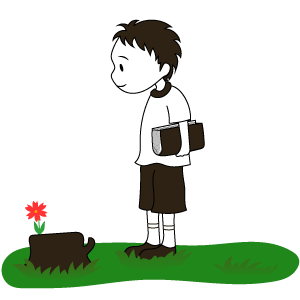
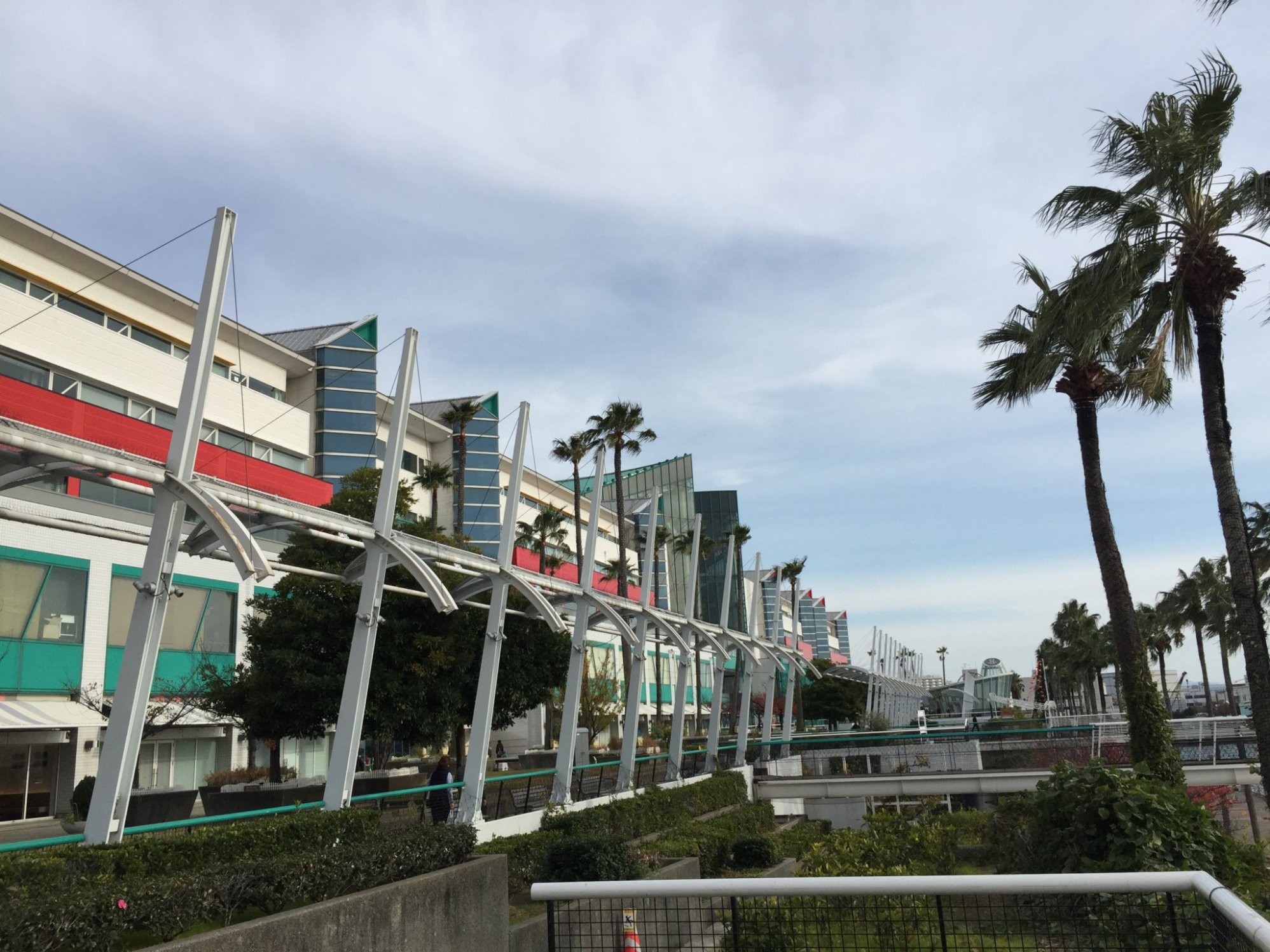


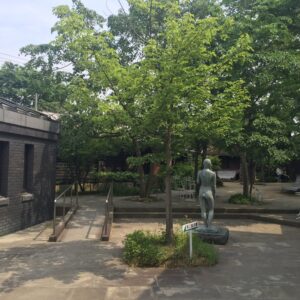

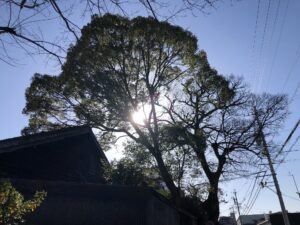

-192x300.jpg)


